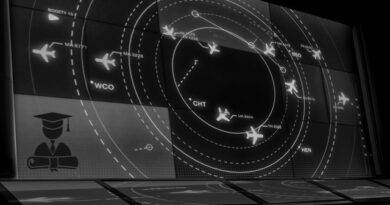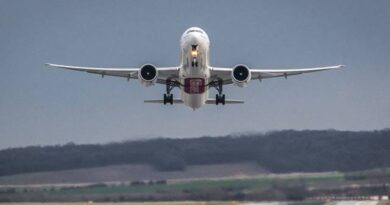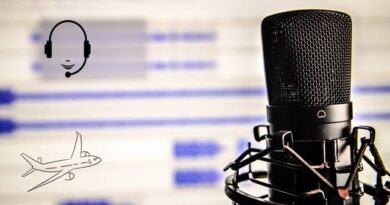What is paradox? and Some Paradoxes in Aviation
A paradox is a statement or situation that contradicts itself, leading to a conclusion that seems absurd or self-contradictory. It can also refer to a situation where two or more seemingly contradictory ideas or concepts are both true. In aviation, there are several paradoxes that have been identified:
The Grandfather Paradox:
This paradox arises from the idea that if someone were to travel back in time and kill their own grandfather before their own parent was conceived, then they themselves would never have been born to travel back in time in the first place. This paradox applies to aviation in the sense that if we were to travel back in time and prevent the Wright brothers from inventing the airplane, then the aviation industry as we know it today would never have existed.
The Liar Paradox:
This paradox arises from the statement “this statement is false.” If the statement is true, then it must be false, and if it is false, then it must be true. In aviation, this paradox can be applied to situations where an aircraft’s instruments give conflicting information about its altitude, airspeed, or heading, making it difficult for the pilot to determine which information is accurate.
The Sorites Paradox:
This paradox arises from the idea that if you remove one grain of sand from a pile, it remains a pile, but if you continue to remove one grain at a time, at some point it will cease to be a pile. In aviation, this paradox can be applied to the concept of metal fatigue, where small cracks in the structure of an aircraft can accumulate over time and eventually lead to a catastrophic failure, even though each individual crack may not be significant enough to cause a problem.
The Paradox of Automation:
This paradox arises from the idea that as automation becomes more sophisticated, pilots may become less skilled at manually flying an aircraft, leading to a situation where they may be unable to take over in the event of a system failure. In aviation, this paradox can be applied to situations where pilots rely too heavily on automation and fail to maintain their flying skills, which can lead to accidents.
These are just a few examples of the paradoxes that exist in aviation. There are many others, and they highlight the complex and often counterintuitive nature of aviation and aircraft systems.
References:
- “Grandfather paradox” – Stanford Encyclopedia of Philosophy – https://plato.stanford.edu/entries/time-travel/#GraPar
- “The Liar Paradox” – Stanford Encyclopedia of Philosophy – https://plato.stanford.edu/entries/liar-paradox/
- “Sorites Paradox” – Internet Encyclopedia of Philosophy – https://iep.utm.edu/sorites/
- “The Paradox of Automation” – The Guardian – https://www.theguardian.com/technology/2017/oct/09/the-future-of-work-the-paradox-of-automation-productivity
- “The Paradox of Automation: Adding Human Effort May Make Things Worse” – Harvard Business Review – https://hbr.org/2018/01/the-paradox-of-automation-increasing-human-effort-may-be-inefficient-or-counterproductive


